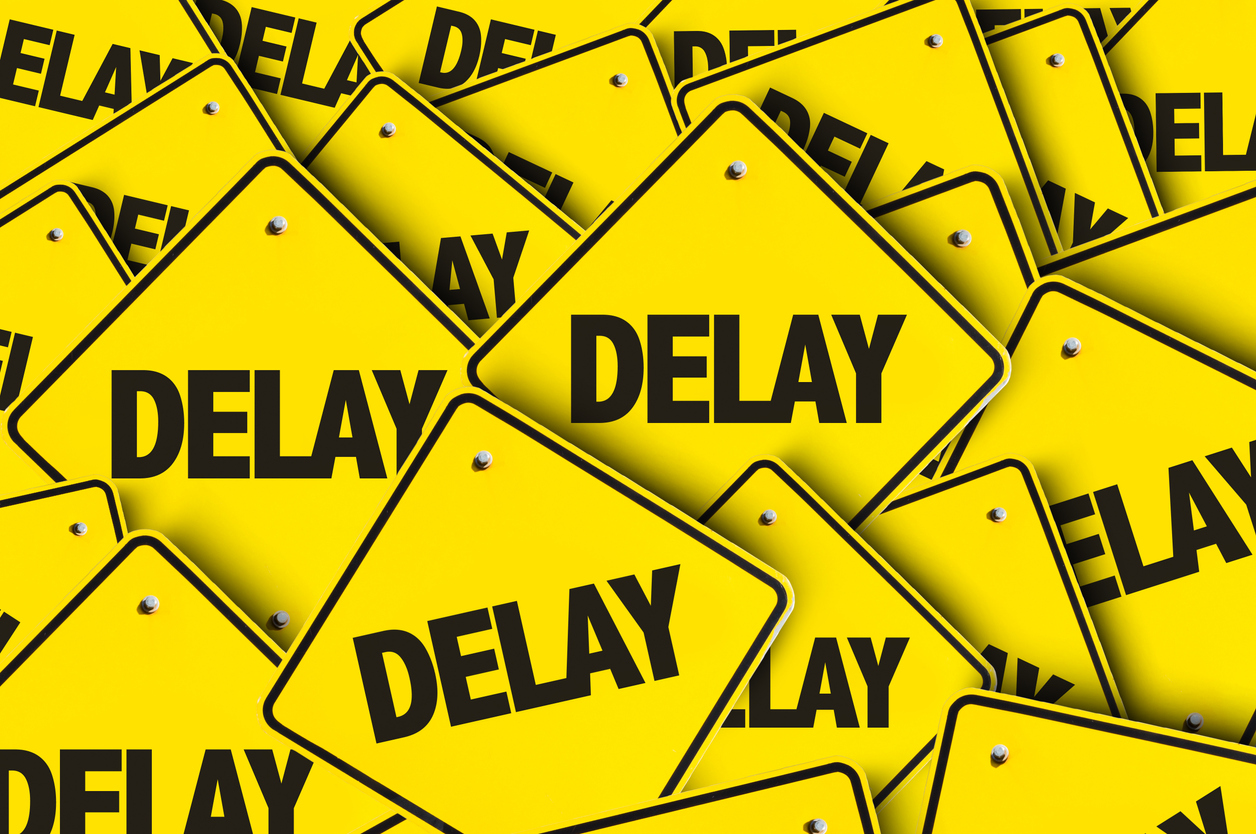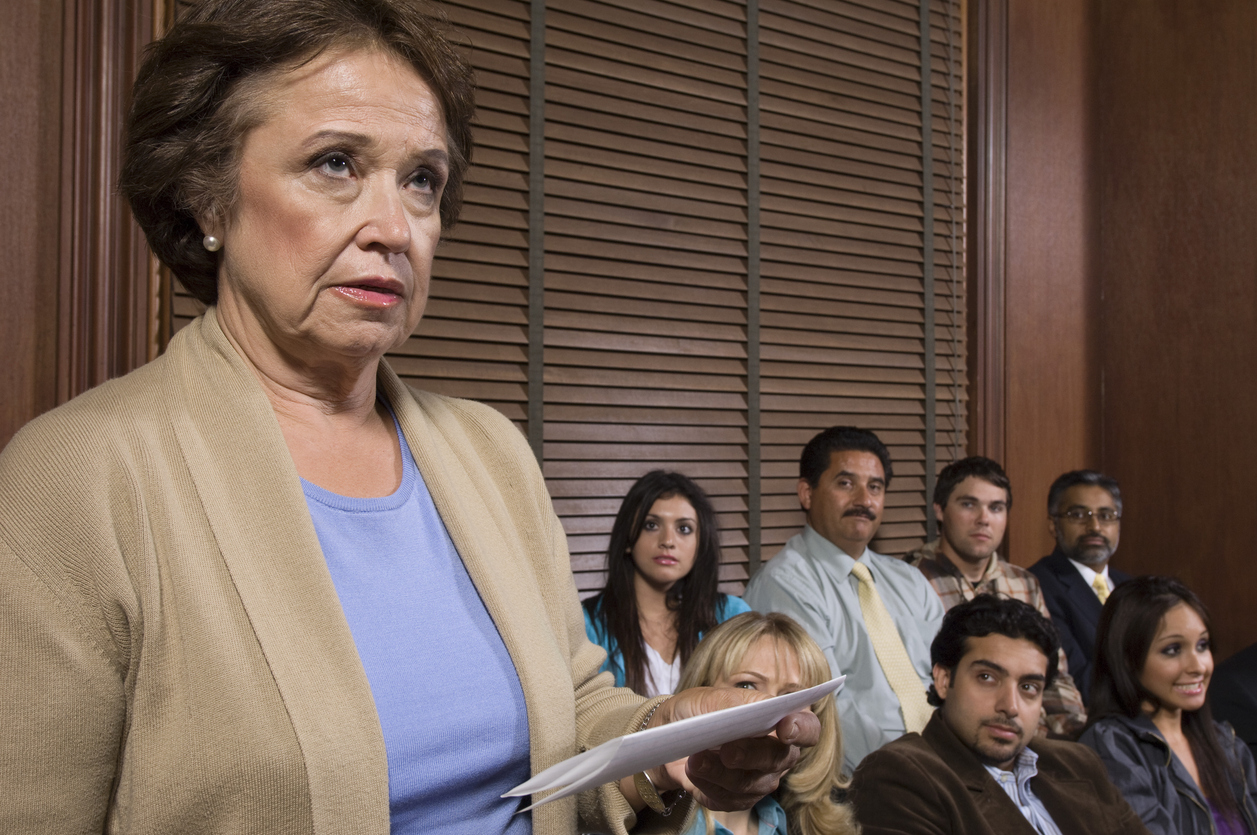A recent post, Louisiana Policyholders Deserve Good Faith Claims Treatment—Understanding Louisiana Hurricane Claim Bad Faith Law, discussed fundamental Louisiana law requiring insurance companies to treat policyholders in good faith and properly interpret their insurance policies. What happens if insurance companies delay claims following the recent hurricanes in Louisiana?
The most important and basic principle good faith duty owed by insurers to Louisiana first-party customers is to make unconditional payments of claims within 30 days of receiving an adequate proof of loss. If an insurer delays payment for more than thirty days after investigation of the loss, my considered opinion is that Louisiana policyholders should seek and be referred to legal counsel about their legal rights.
Louisiana Revised Statute § 22:1892 sets forth a 30-day time period for prompt payment. Louisiana Revised Statute § 22:1973 provides a 60-day time period for the insurer to make an unconditional payment to the insured after the insured makes satisfactory proof of loss. These statutes have remedies and penalties when insurers fail to follow them. Insurance Companies Have 30 Days to Pay or Be Subject to Penalties in Louisiana, made it clear that current Louisiana case law interpreting Louisiana statutes make slow-paying insurance companies subject to bad faith claims:
Insurance companies adjusting Hurricane Ida claims cannot delay investigation, damage valuation, and prompt payment without subjecting themselves to statutory penalties. Insurers must pay undisputed amounts promptly or suffer the consequences.
To establish a “satisfactory proof of loss” in Louisiana, the insured must show sufficient facts to apprise the insurer of the claim fully and must indicate the extent of the damage.1 Proof of loss is a “flexible requirement to advise an insurer of the facts of the claim,” and it need not be in writing or any particular format.2 If the insurer has actual knowledge of the facts of the loss, such knowledge constitutes notice and suffices as proof of loss. The Louisiana Supreme Court in the Louisiana Bag case held that an insurer’s form requirement of proof of loss before payment is insufficient to create probable cause to delay payment, and that to allow an insurer to do so would frustrate the intent and purpose of the statute, as it would allow the insurer to solely determine when proof of loss is received.
An insurance company should be paying undisputed amounts of loss right away and never later than 30 days after it investigates a loss so it can determine an amount it should pay. Readers of this blog and policyholders who have been subject to late payment should read Undisputed Amounts of a Loss Should Be Promptly Paid, where I said:
I expect that insurance defense attorneys will continue to argue that insurance companies have no obligation to pay partial amounts of agreed amounts of loss which are owed. Otherwise, their clients will lose the case and be held accountable for failing to do so. To me, it makes no sense that the law would support and provide immunity to slow paying and underpaying insurance companies. The entire purpose of insurance is to shift the financial burden to the insurer.
Insurance companies who make this argument in Louisiana will and should get punished. The sad truth is that not all states have policyholder protection statutes that make this the nation’s law.
Thought For The Day
Protect the consumer by owning the product all the way from the soil to the table.
—Henry J. Heinz
__________________________________________
1 Combetta v. Ordoyne, 934 So. 2d 836, 843 (La. App. 2006).
2 Louisiana Bag Co. v. Audubon Indem. Co., 999 So. 2d 1104, 1119 (La. 2008).




